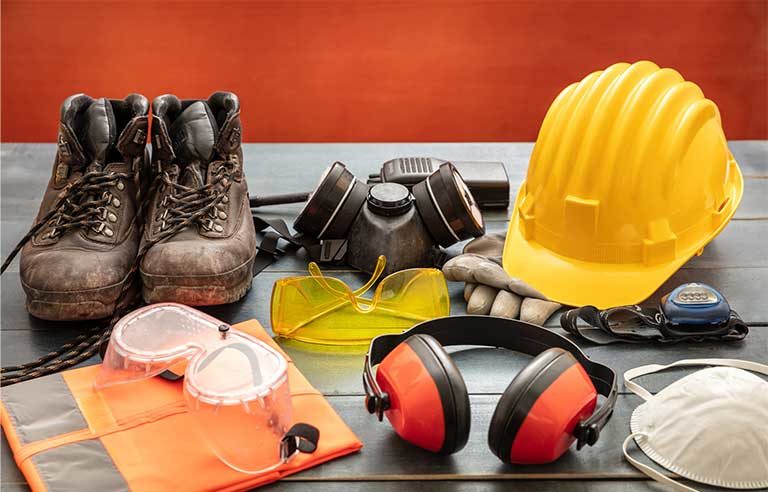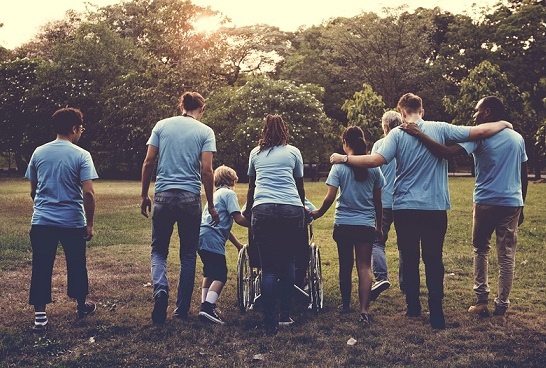Such events can disrupt the essentials of life: food, power, water, and medicine. Preparing adequately can make a significant difference in safety and survival. This article outlines 16 actionable steps to help you ensure that you and your family are prepared for any such emergencies. Each step is designed to be practical and easy to implement, providing you with the tools to maintain stability and security in chaotic times.
| 1. Stockpile Non-Perishable Food |
 |
| Ensure you have a stockpile of non-perishable food items that can last for at least two weeks. Choose foods that require no refrigeration, preparation, or cooking, such as canned goods, dry grains, and energy bars. Rotate your stock regularly to keep supplies fresh and usable. |
| 2. Maintain a Clean Water Supply |
 |
| Store at least one gallon of water per person per day, for drinking and sanitation, and have a supply for at least two weeks. Consider water purification methods like tablets, boiling, or filters in case your stored supply runs low. |
| 3. Secure a Power Source - Advertorial |
 |
| Invest in alternative power sources such as solar panels or a generator. Understand how to safely use these devices and store sufficient fuel. Portable battery packs can also be vital for keeping communication devices operational.
Watch “Operation Blackout” Now Being prepared can significantly mitigate the risks associated with mass civil unrest or terrorist attacks. By following these 16 steps outlined in "Operation Blackout," you can ensure that you and your family maintain access to essential resources, stay safe, and manage during unpredictable times. Each step is designed to build a resilient foundation for facing any emergency. Share this knowledge with friends and family so they too can be prepared. Remember, preparedness starts with awareness and action. |
| 4. First Aid Kit and Medical Supplies |
 |
| Assemble a comprehensive first aid kit that includes bandages, antiseptics, a variety of medicines, and prescription medications. Training in basic first aid and CPR is highly recommended to effectively use these supplies. |
| 5. Personal Protection Equipment |
 |
| Equip yourself with personal protection gear such as masks, gloves, and goggles to safeguard against physical threats or environmental contaminants. Depending on the risk level, consider more extensive protection like gas masks and body armor. |
| 6. Emergency Communication Plan |
 |
| Develop a family emergency communication plan. Designate a meeting spot outside your home and one outside your neighborhood in case you cannot return home or are separated. |
| 7. Financial Reserves |
 |
| Ensure access to emergency cash as banks and ATMs may not be operational during extended outages. Small denominations are preferable to avoid issues with making change. |
| 8. Critical Documents Safekeeping |
 |
| Keep important documents like passports, birth certificates, and insurance policies in a fireproof and waterproof safe. Consider keeping digital copies in a secure, accessible cloud storage. |
| 9. Learn Basic Survival Skills |
 |
| Acquire skills such as how to start a fire, basic navigation, and shelter building. These skills can be lifesaving if you are stranded or need to evacuate to a less urbanized area. |
| 10. Home Security Enhancements |
 |
| Enhance your home's security with reinforced doors, locks, and windows. Consider installing security systems and cameras. Stay aware of who is entering and leaving your community. |
| 11. Community Networking |
 |
| Build relationships with neighbors and local community groups. In times of crisis, a well-connected community can work together effectively to distribute resources and information. |
| 12. Regular Drills and Preparedness Tests |
 |
| Conduct regular drills to practice your emergency plan with your family. Periodically check your preparedness supplies and replenish them as necessary. |
| 13. Alternative Cooking Methods |
 |
| Invest in alternative cooking methods such as solar cookers or camp stoves. Ensure you have the necessary fuel and know how to use these tools safely. |
| 14. Mental Health Resources |
 |
| Prepare for the psychological impact of a crisis by identifying mental health resources and support networks. Stress management techniques such as meditation or counseling can be invaluable. |
| 15. Pet Care and Supplies |
 |
| Don’t forget about pet care. Stock up on pet food, medication, and other supplies. Include your pets in your emergency plans. |
| 16. Stay Informed |
 |
| Stay informed about potential threats by signing up for alerts from local authorities and trusted news sources. Knowledge is power, and staying updated can give you crucial time to react. |
As tensions escalate and global events unfold, the American population stands at the precipice of a potentially catastrophic electronic attack—an assault that could paralyze the nation. Amid the storm of uncertainty, a beacon of hope emerges: "Operation Blackout: How to Survive 365 Days of Darkness." Take the first step to secure your family's future. Dive into the world of "Operation Blackout" and fortify your defenses today.








 Discover alternative ideas that will make you think
Discover alternative ideas that will make you think Engage in mind bending debate
Engage in mind bending debate Earn points, rise in rank, have fun
Earn points, rise in rank, have fun


